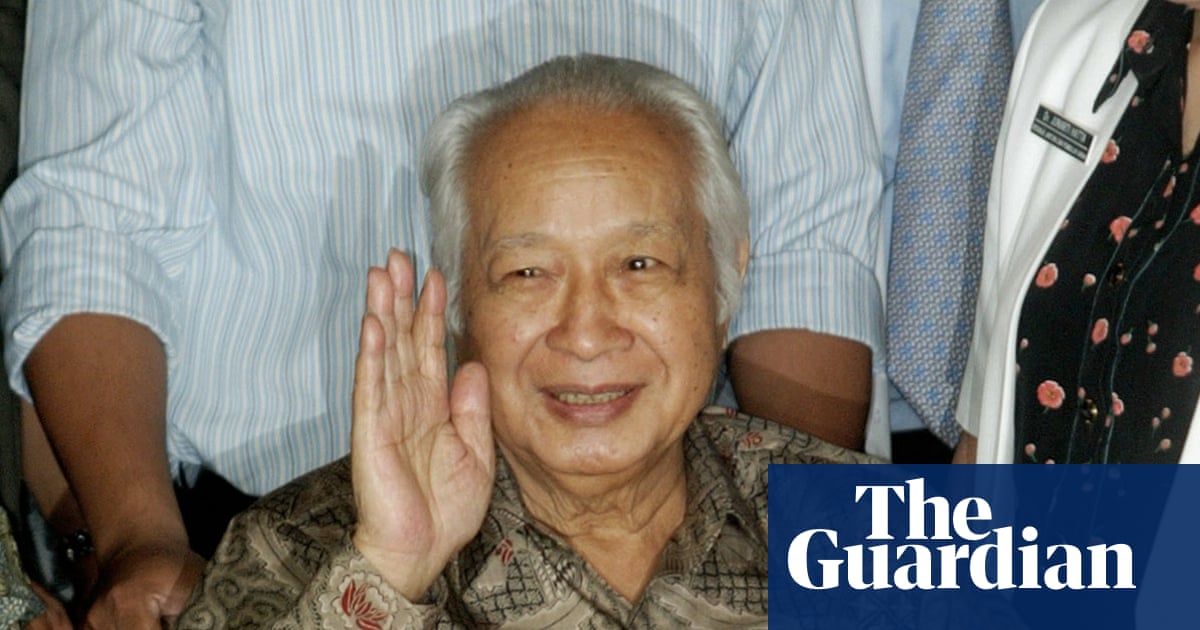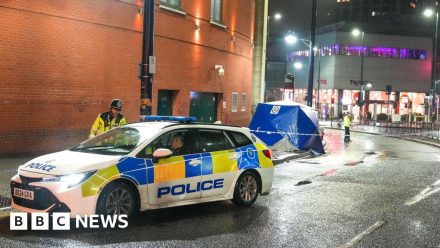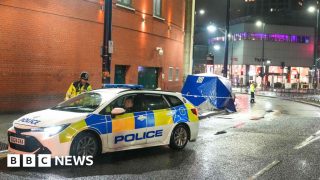Indonesia has awarded former authoritarian leader Suharto the title of national hero, a move that has sparked accusations of historical revisionism in the world’s third-largest democracy.
The title was conferred in a ceremony presided over by President Prabowo Subianto, Suharto’s ex‑son‑in‑law, despite protests by pro‑democracy activists and families of those affected by Suharto’s iron‑fisted rule. Prabowo handed the award to Suharto’s daughter and son at the state palace in Jakarta.
“A prominent figure from Central Java province, a hero of the struggle for independence, General Suharto stood out since the independence era,” an announcer said during the ceremony. Indonesia gained independence in 1945 from the Netherlands and Japan.
Suharto, who ruled for more than three decades, was forced from power amid mass protests and deadly riots during an economic crisis in 1998 and died in 2006 aged 86. His rule was marked by widespread corruption, censorship and persistent accusations of mass human rights violations, most notably the killings of suspected communists in 1965–66.
Prabowo, a former special forces commander who was dismissed from the military the same year Suharto fell amid allegations he was involved in the abduction of pro‑democracy activists, has long praised his former father‑in‑law. He denies any wrongdoing in relation to the abduction claims. Since taking office last year, Prabowo has faced criticism over the increasing prominence of the military in civilian life.
Defending the award, culture minister Fadli Zon said Suharto’s military operations, including fights against the Dutch in 1949, made him worthy of hero status and denied Suharto’s involvement in the 1965–66 massacre that is estimated to have killed at least hundreds of thousands.
Indonesian activists described the elevation as shocking. “How could the man most responsible for one of history’s greatest genocides, when he seized power, be made a national hero? It’s utterly absurd,” said Usman Hamid of Amnesty International Indonesia. “It is a blatant whitewashing of historical crimes. This decision ignores the aspirations of civil society, including victims of human rights violations who continue to demand justice.”
The decision has prompted protests in Jakarta, where demonstrators rallied near the presidential palace holding signs reading “Stop the whitewashing of the general of butchery” and “Thousands died but the country chose to forget.” The government did not immediately respond to claims that the honour amounts to revisionism.


